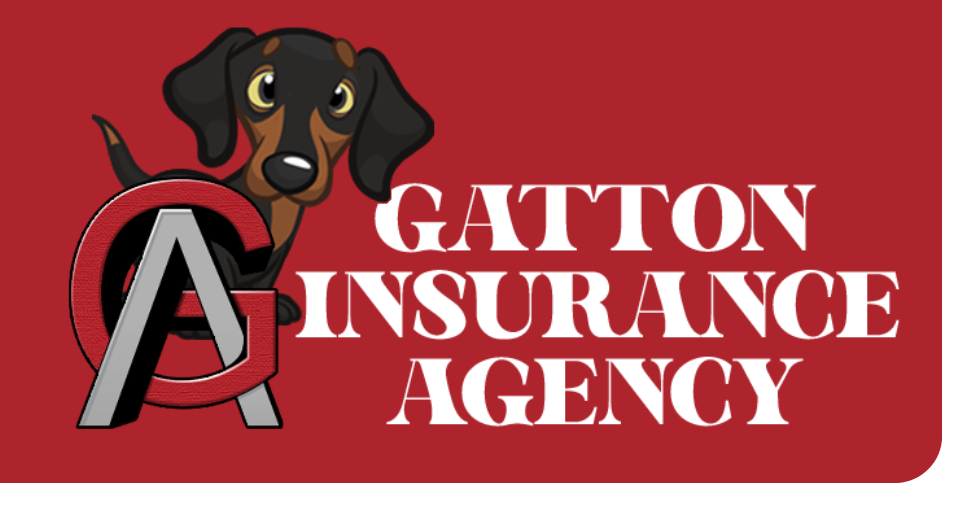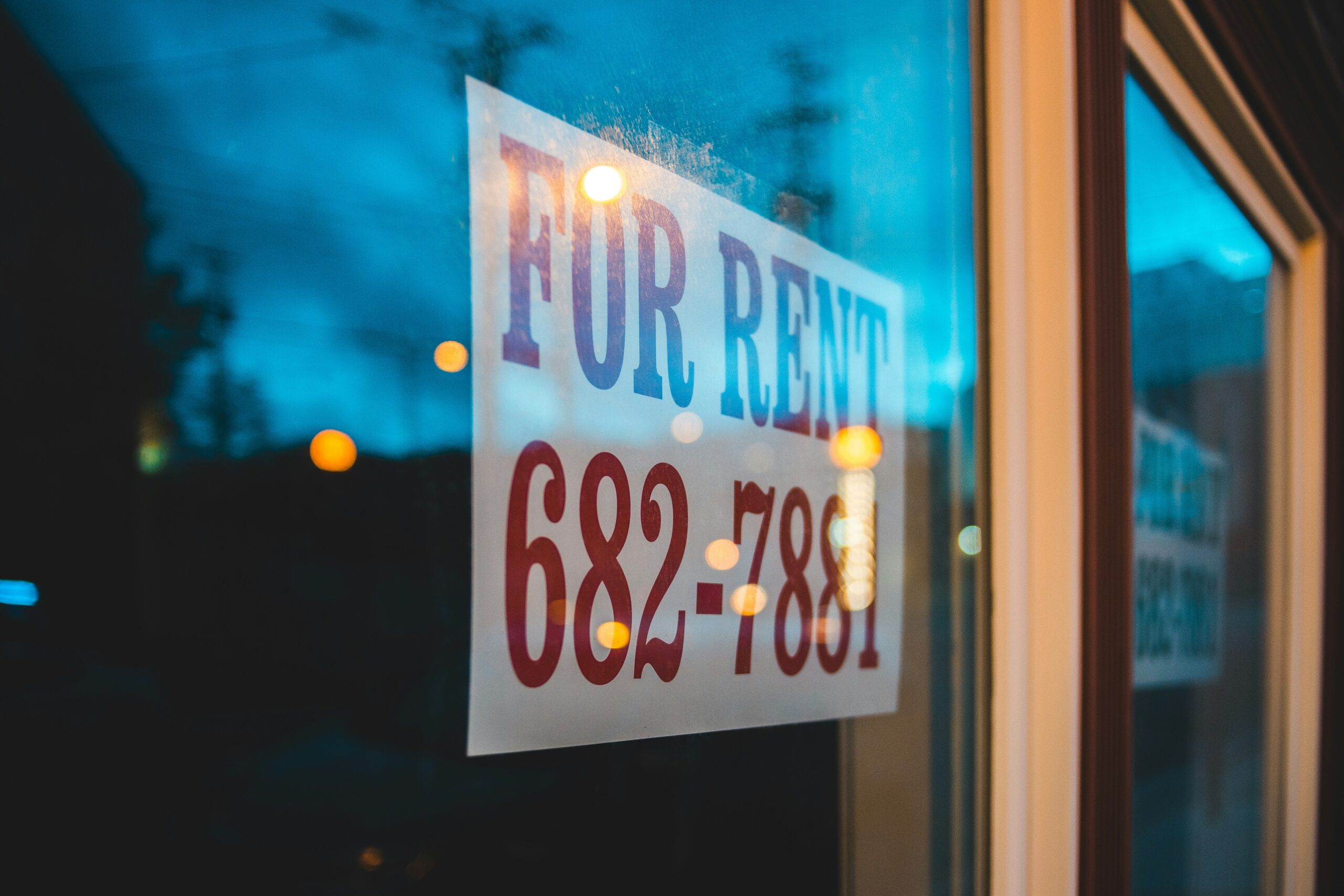Introduction to Landlord Insurance
Landlord insurance serves as a specialized form of coverage designed specifically for property owners who rent out their assets. This type of insurance typically includes protection for the building itself, liability coverage in the event of tenant injuries, and other features tailored to the unique responsibilities of landlords. Unlike standard homeowner’s insurance, which primarily covers an owner-occupied residence, landlord insurance offers a broader range of protections suited for rental properties. This distinction is critical for property owners as their risks can significantly differ from those faced by individuals living in their homes.
The necessity of landlord insurance arises from several factors intrinsic to rental property management. First and foremost, landlords are directly responsible for maintaining their properties and ensuring they are safe for tenants. Issues such as accidents or damages occurring on the premises can lead to substantial financial liability. If a tenant sustains an injury due to negligence on the part of the landlord, the latter may face lawsuits and costly medical bills. Therefore, having liability coverage as part of an insurance policy is crucial to protect against such unexpected expenses.
Furthermore, landlord insurance can provide additional protections not typically available in regular homeowner’s policies. For example, it often covers lost rental income in the event that a property becomes uninhabitable due to damage, offering invaluable support during such challenging times. Given the potential complexities involved in managing rental properties, securing coverage through professionals, such as Indiana’s Gatton Agency, becomes paramount. Understanding these differences and the specific protections that landlord insurance provides ensures that property owners are adequately prepared for the unique risks of being a landlord.
Types of Landlord Insurance Policies
In the state of Indiana, landlords must consider different types of insurance policies to mitigate risks associated with property management. The three primary types of landlord insurance policies available are Basic, Broad, and Special forms of coverage. Each type offers distinct levels of protection tailored to various landlord needs.
Basic insurance policies typically provide coverage for the most common risks associated with rental properties. This often includes protection against specific named perils such as fire, vandalism, and theft. While this policy type is the most affordable, it may not cover certain risks that can arise in the rental market. Therefore, it’s crucial for landlords to evaluate their unique situations to determine if this policy suffices for their needs.
Broad insurance policies expand upon the coverage provided by Basic forms. They generally include additional protection for more risks, covering a wider range of potential events, including water damage from burst pipes or accidents related to the property. Landlords in Indiana may find this option appealing, as it offers a balance between cost and comprehensive protection, though premium rates tend to be higher than those for Basic policies.
Lastly, Special insurance policies provide the most extensive coverage. This form includes everything covered by Broad policies but also protects against risks not specifically named, offering “all-risk” protection. Such a policy is particularly advantageous for landlords who require higher levels of security or have properties in areas prone to higher risks. Investing in this type of insurance from a reliable provider, such as The Gatton Agency, can ensure that Indiana landlords are adequately protected against unforeseen events and financial burdens.
Necessary Coverages in Landlord Insurance
When investing in rental properties in Indiana, having comprehensive landlord insurance is crucial for safeguarding your investment. One of the most important components of insurance for landlords is dwelling coverage. This coverage protects the physical structure of the rental property against various risks, such as fire, severe weather, and vandalism. It ensures that in the event of a covered incident, the repair or replacement costs are addressed, allowing landlords to maintain their property and, by extension, their income.
Liability protection is another essential aspect of landlord insurance. It shields property owners from financial losses arising from legal claims initiated by tenants or visitors due to accidents that occur on the property. This could include slip-and-fall incidents. Without adequate liability coverage, Indiana landlords may find themselves facing substantial legal fees and potential settlements, which can significantly impact their financial stability.
Further, loss of rental income coverage is an important consideration. This provision protects landlords from the financial repercussions of lost rents when a property becomes uninhabitable due to a covered loss, such as fire or natural disaster. Essentially, this coverage helps to replace the income that landlords would have otherwise received during the period of repair or restoration. Many landlords often overlook this crucial aspect, believing that property damage alone is enough to secure their investment.
Additionally, landlords might consider various endorsements, such as coverage for specific liability scenarios or for specialized property types, like short-term rentals or homes in flood-prone areas. Every Indiana landlord should evaluate their unique needs and consult with providers like The Gatton Agency to ensure they have the right insurance coverages in place, tailored to their individual circumstances. Understanding these necessary coverages is vital to effectively manage risks associated with rental properties.
Common Exclusions in Landlord Insurance Policies
Landlord insurance is a critical component for property owners in Indiana, offering protection against various risks. However, it is equally important for these landlords to understand the common exclusions that may be listed in their insurance policies. Being aware of what is not covered can help landlords mitigate risks and make informed decisions regarding additional protection.
One of the notable exclusions in most landlord insurance policies is the coverage for damages resulting from neglect or lack of maintenance. If a property suffers damages due to the landlord’s failure to maintain the premises—such as neglecting plumbing issues or not addressing pest infestations—insurance claims may be denied based on these exclusions. Therefore, it is crucial for landlords to ensure regular maintenance and timely repairs to safeguard their property and maintain eligibility for claims.
Another significant exclusion is associated with inherent vice, which refers to the natural characteristics of a property that may lead to damage over time. For instance, if a property has certain structural weaknesses or is prone to deterioration, damage resulting from these weaknesses may not be covered. Landlords in Indiana should evaluate their properties for potential inherent vices and take preventative measures, such as renovations or fortifications, to minimize risks.
Natural disasters can also pose a challenge for landlords. Many standard landlord insurance policies exclude coverage for flood or earthquake damage. This means that even if a landlord’s property incurs significant damage as a result of such events, they may not receive compensation from their insurance provider. To address this gap, Indiana landlords are advised to consider additional policies or endorsements that specifically cover these types of risks, ensuring they are adequately protected from catastrophic losses.
Understanding these common exclusions is essential for landlords to navigate the intricacies of their insurance policies effectively. By being proactive, they can enhance their property’s safety and their financial stability in the face of unforeseen events.
The Importance of Accurate Property Valuation
Accurate property valuation is a fundamental aspect for landlords in Indiana when obtaining insurance coverage for their rental properties. The valuation not only influences the insurance premiums, but it also plays a critical role in determining the extent of coverage you receive. Undervaluing a property can lead to inadequate coverage in the event of a loss, while overvaluing can result in excessively high premiums that do not correspond with the actual risk associated with the property.
In Indiana, landlords must consider both the market value of their properties and the potential costs required for rebuilding in the event of a catastrophic loss. A thorough evaluation takes into account various factors such as the property location, size, condition, age, and local real estate trends. Utilizing the services of a licensed appraiser or consulting with real estate professionals can provide valuable insights and ensure that the valuation reflects the current market conditions accurately.
It is also beneficial to conduct periodic reviews of your property’s valuation. As the Indiana real estate market fluctuates, so too may the value of rental properties. Adjusting the coverage to align with any appreciable value increases can protect landlords from financial setbacks during claim events. In addition to traditional valuation methods, landlords could consider researching comparable rental properties in their area to gauge the expected value more effectively.
Moreover, it is crucial to consult with insurance professionals, such as those at The Gatton Agency, who can provide guidance on appropriate coverage levels based on current valuations. They can assist in educating landlords about common pitfalls related to property valuation and insurance coverage, ensuring that Indiana landlords are adequately protected without incurring unnecessary costs.
Understanding Premiums and Deductibles
Landlord insurance in Indiana is an essential aspect of property management, as it provides financial protection against various risks associated with rental properties. When evaluating insurance options, two significant factors come into play: premiums and deductibles. Understanding these elements can help landlords make informed decisions that strike a balance between comprehensive coverage and affordability.
Premiums refer to the amount of money a landlord must pay to an insurance provider, such as The Gatton Agency, for their insurance policy. In Indiana, premium costs can vary significantly based on several factors, including the property’s location, size, and age, as well as the type of coverage selected. For example, properties in regions prone to natural disasters or high crime rates may experience higher premiums due to increased risk. Additionally, the number of rental units owned and previous claims history can also influence premium rates.
Deductibles, on the other hand, are the out-of-pocket costs the landlord is responsible for paying before the insurance coverage kicks in. Choosing a higher deductible often results in lower premiums, making it a tempting option for many landlords. However, this strategy may lead to unforeseen expenses, particularly during emergencies or unexpected damages. It is crucial for Indiana landlords to carefully evaluate their financial situation and risk tolerance when determining the appropriate deductible.
Ultimately, finding the right balance between premiums and deductibles is vital for any landlord seeking comprehensive insurance coverage. By closely analyzing their specific needs and financial capabilities, landlords can ensure they are protected against potential risks without overextending their budgets. Seeking guidance from knowledgeable insurance professionals, like those at The Gatton Agency, can further assist in making sound decisions regarding landlord insurance in Indiana.
How to Choose the Right Landlord Insurance Provider
Selecting the right insurance provider is a critical step for Indiana landlords looking to protect their investments. With numerous options on the market, it is essential to evaluate potential insurers based on several key factors to ensure optimal coverage and peace of mind.
Firstly, consider the reputation of the insurer. Research reviews, testimonials, and industry ratings to gauge the reliability of the company. An insurer with a strong reputation is more likely to offer effective support and comprehensive coverage tailored to the unique needs of landlords in Indiana. Resources such as consumer advocate websites can be invaluable in this regard.
Customer service is another crucial factor when determining which insurance provider to choose. A responsive and knowledgeable customer service team can significantly impact your overall experience, particularly during claims processes. As a landlord, you want an insurer that prioritizes timely communication and assistance, ensuring any issues or questions are promptly addressed.
The claims process should also be assessed when comparing different insurance providers. A straightforward, transparent claims handling system can ease the stress that often accompanies property damage or liability claims. Look for insurers that provide clear documentation and guidelines, which will ultimately result in an efficient resolution to your claims.
Additionally, evaluate the financial stability of potential insurers. It is vital to choose a company that can meet its financial obligations, especially in times of significant claims. Check for financial ratings from reputable agencies to determine whether the insurer is solvent and has the resources to handle claims effectively.
In Indiana, some distinguished providers offering landlord insurance include The Gatton Agency. By taking the time to assess these factors, Indiana landlords can confidently choose an insurance provider that not only meets their coverage needs but also contributes to the security and stability of their rental properties.
How to File a Claim
When Indiana landlords experience a situation that necessitates a claim on their landlord insurance policy, it is crucial to follow a structured process to ensure a smooth experience. The first step is to report the incident to your insurance provider promptly. Timely reporting is essential as most insurance companies, including those represented by The Gatton Agency, have specific timeframes in which claims must be filed.
To begin the claims process, gather all necessary documentation that supports your claim. This may include photographs of the damage, police reports (if applicable), and a detailed description of the events that led to the loss. Furthermore, it is advisable to keep a record of communications with your tenants and any contractors involved in repairs. Maintaining thorough documentation helps substantiate your claim and speeds up the processing time.
After gathering the documentation, contact your insurance agent or customer service department to formally initiate the claim. During this conversation, be prepared to provide the details of the incident along with the relevant information you have compiled. Your insurance provider will inform you of the next steps, which might include an assessment of damages or speaking with an adjuster.
While waiting for the claim to be processed, it is essential to avoid making any permanent repairs, unless necessary to prevent further damage. Communicate clearly with your tenants about the situation and potential impacts on their living arrangements. After filing the claim, regularly follow up to monitor its progress and promptly respond to any requests from the insurance adjuster for additional information.
Filing a claim does not have to be a daunting process when Indiana landlords understand what is required. By staying organized and proactive, landlords can ensure that their insurance claims are handled efficiently, allowing them to return to normalcy as soon as possible.
Conclusion and Next Steps
As Indiana landlords navigate the complexities of property management, understanding the importance of landlord insurance cannot be understated. Throughout this discussion, we have emphasized the necessity for comprehensive coverage that protects against potential perils unique to rental properties. Given the unpredictable nature of real estate, having an insurance policy tailored to the specific needs of landlords is essential to safeguarding investments and ensuring peace of mind.
Landlords are encouraged to assess their current insurance policies critically. This includes determining whether the existing coverages adequately protect against risks such as property damage, liability claims, and loss of rental income. Engaging with specialists like The Gatton Agency can provide valuable insights into what specific insurance options are available in Indiana and how they compare against competitors. Understanding these nuances can significantly impact a landlord’s financial stability and operational efficiency.
Moreover, it is advisable for landlords to periodically review their policies in light of any changes in property value, market conditions, or tenant situations. This proactive approach allows them to adjust their insurance coverage as needed, ensuring they are not underinsured or overpaying for unnecessary protection. Seeking advice from experienced professionals can provide additional reassurance during this process. It is beneficial to consult with agents who understand the distinct risks associated with rental properties in Indiana.
In conclusion, informed decision-making regarding landlord insurance is paramount for Indiana landlords. By taking the time to evaluate their coverage, seeking advice, and remaining vigilant about changes in their property and market conditions, landlords can create a solid foundation for successful property management. Investing time in these next steps is undoubtedly a worthwhile endeavor to protect their investments effectively.




